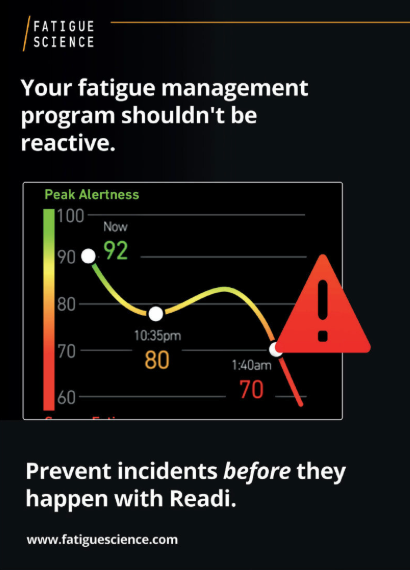The winter holidays often mean time spent with family and friends, but that doesn’t always translate into meaningful rest. Whether you’re travelling over the holidays or indulging in holiday treats, sleep should be a regular part of your plans. With that in mind, here are 12 sleeping tips to make sure you’re not a Grinch this holiday season.

1. TAKING COLD AND FLU MEDICINES
The cold medicine that you thought was helping you sleep could be making you more fatigued during the day. Some decongestants can cause jitteriness that prevents restful sleep, which might make you rethink how you’re treating a cold or flu this season.
2. STAYING HYDRATED
Not drinking enough water could be making you more fatigued, as a dry mouth or nasal passage can become disruptive during sleep. If you’re drinking alcohol during holiday events, you should pay extra attention to how you’re hydrating.
3. TRAVELLING TO HIGH ALTITUDES
Travelling to areas at higher altitudes can negatively impact sleep, as reduced oxygen levels can lead to less oxygen being delivered throughout the body by the cardiac system. Something to think about if you’re hitting the ski slopes this winter!
4. STAYING ALERT DURING WINTER SPORTS
Eye tracking during cognitive tasks has been shown to correlate heavily with mental fatigue, to the extent that one model demonstrated 91% accuracy. If you’re participating in any outdoor winter sports, make sure to rest up to improve your reaction time and stay safe.
5. LATE NIGHT PARTYING
Sleep and hunger are closely related, thanks to the hormones ghrelin and leptin. A lack of sleep causes the ghrelin in your body to increase, making you hungrier and more likely to overeat. The next time that you’re out late partying, you might want to think about the impact on your diet.
6. HOLIDAY STRESS
For a variety of reasons, the holidays can be a difficult for many people. If you’re dealing with stress, one of the best ways to handle it may be to sleep on it. Better sleep has been shown to build emotional resilience, and could help you stay calm in the face of adversity.
7. HOLIDAY NAPPING
Large holiday meals can lead to a mid-day food coma, but short and sweet is the name of the game with napping. A study conducted by NASA in the 90s showed that 26 minutes was the ideal nap length, improving performance by 34% and alertness by 54%.
8. FITNESS RESOLUTIONS
A resolution to exercise more in the New Year can be a great goal. As little as 10 minutes of exercise during the day has been shown to improve the quality of your sleep. With that said, you should be careful about working out too heavily close to bedtime as it can potentially cause over stimulation.
9. DEALING WITH RELATIVES
If you’ll be sitting around the table with difficult relatives this holiday season, you may want to consider some extra shut-eye. Studies have shown a strong link between sleep and your mood, and getting adequate rest can help ensure that you’re not agitated or stressed.
10. HOLIDAY FEASTING
The holidays can be a time of overindulgence. When you’re eating this season, you may want to be mindful of how much rich food that you eat. Fatty foods have been shown in multiple studies to disrupt sleep and affect circadian rhythms.
11. LEARNING A NEW SKILL
Evidence suggests that sleep and fatigue have a major impact on the learning process. When you’re learning, it’s important for you to get enough sleep so that your brain can consolidate memories for later recall. Keep this in mind if your New Year’s Resolution involves learning something new.
12. MISSING SLEEP
Just because Santa misses sleep Christmas Eve doesn’t mean that you should. Just a single day without sleep will leave you cognitively impaired. Make sure that you’re not operating a sleigh pulled by reindeer if you’ve gone 24 hours without sleep.
Download our free eBook on the Science of Sleep for industrial workforces



